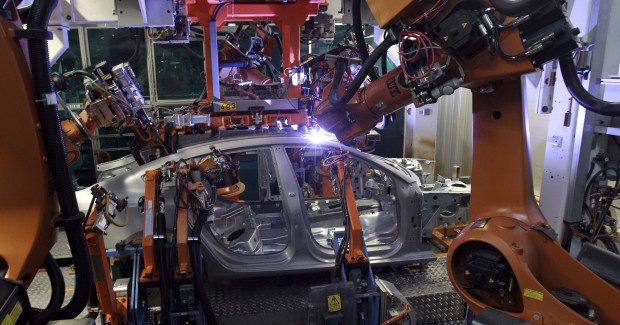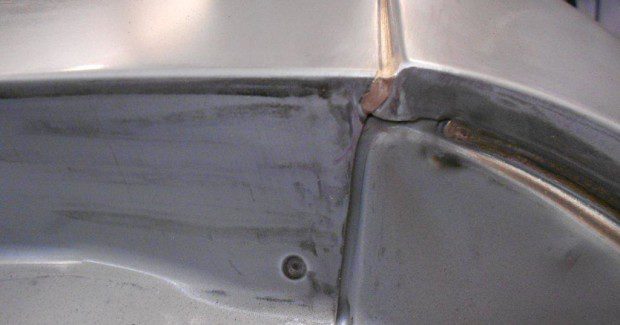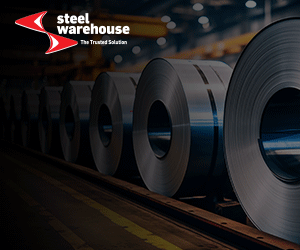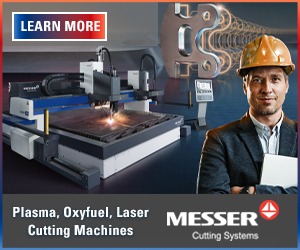Why Cotton Fiber Abrasive Wheels Rule the Automotive World
A revolution is taking place in automotive braze removal, where Type 1 cotton fiber wheels are exponentially impacting smooth operations, shrinking costs and negating operating downtime.
Posted: March 2, 2016
Laser brazed seams have become popular with automobile manufacturers around the world because of the safety and aesthetic advantages they provide over spot welding and many new models are now dependent on the process to achieve signature looks. Once finished, the virtually undetectable seams produced by laser brazing enable engineers to design and build previously difficult – if not impossible – car shapes. This laser brazing application saves significant capital through labor cost reduction, but one area where costs were not under proper control was in the abrasives used on the assembly line to finish the braze. This has led to an explosion in demand for abrasive wheels that are developed specifically for this application, but many facilities still rely on abrasive wheels not optimized laser braze removal.
Manufacturers are accustomed to using unitized wheels in robotic applications, and they have served as the de facto standard for decades. However, unitized discs are relatively soft wheels that can bend slightly on the material where they are being used when under pressure. Known as side deflection, this can be an advantage in certain applications, but definitely not in automotive braze removal. A side deflecting wheel can run off the edges of the braze and undercut the base material, leading to costly repair work. Another issue with unitized products is that the wheels are not developed in custom thicknesses. However, the standard sizes offered are not optimized for every type of manufacturing and a wheel that is too wide will result in damage to the base material.
To circumvent this issue, some manufacturers make their own adaptations to unitized wheels to suit their needs by surface grinding down a disc to the desired thickness. This practice adds an unwanted step to the manufacturing process. One factor stands above all else revealing the inferiority of unitized wheels in automotive braze removal: these wheels simply do not remove braze material fast enough to maximize productivity and maintain cost efficient operations.
TYPE 1 COTTON FIBER WHEELS CHANGE THE GAME
Cotton fiber Type 1 wheels brought a revolution to automotive braze removal because these wheels can do the same job in half the time it takes for the typical unitized Type 1 wheels. Utilizing a manufacturing process that results in a much denser wheel, the stock removal rate of cotton fiber wheels is faster and more consistent, enabling manufacturers to run their lines at a desired speed.
Cotton fiber wheels are engineered with precise materials and measurements, and the additional density translates into more control to optimize speed and accuracy in finishing brazed seams. Cotton fiber also has a cushion action while in use, allowing the wheels to run smooth without chatter. Additionally, cotton fiber wheels produce consistent finishes throughout their product lifespans and are non-loading on aluminum surfaces. The more durable, non-woven cotton wheels typically save 30 percent to 50 percent in materials costs over unitized products. Automotive manufacturers have been able to significantly reduce their abrasive costs by switching to these wheels.
“Implementing the High Speed Medium Soft Type 1 wheel at our plant to finish roof seams yielded direct results in both increased productivity and in the quality of the weld finish,” said SEA, a technical analyst at SEAT, a part of the Volkswagen Group in Spain. “This has led to significant cost savings for the production of Ibiza, our best-selling car.”
MORE FLEXIBILITY TO MEET MANUFACTURER DEMANDS
In the manufacturing process of cotton fiber wheels, density, hardness and thickness are controlled. The result is flexibility in production to vary wheel specifications to meet manufacturer needs. Custom sizes and thicknesses are not a problem for cotton fiber wheels. The spectacular growth of this Type 1 wheel is indicative of how the market responds to a custom solution for a specific application, instead of forcing manufacturers to select from a predetermined line of products. Progressive abrasives companies can now deliver solutions to manufacturers that are right the first time because they are engineered for exact applications.
For automotive braze removal, the switch to Type 1 cotton fiber wheels is really a simple change that can exponentially impact smooth operations, while shrinking costs and negating operating downtime. And manufacturers tend to agree, as the adoption of these wheels on the assembly line is not slowing down anytime soon.


















